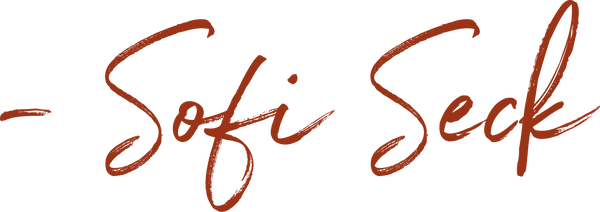every weave tells a story
Across Africa, traditional craft is disappearing at an alarming rate. The world has shifted toward mass-made goods, rapid production, and cheaper alternatives. While convenient, this shift has quietly pushed handmade artistry to the margins. Skills once embedded in everyday life are now fading from the very communities that created them.
Weaving is one of Africa’s oldest and most culturally rich art forms. For centuries, fibers, grasses, palm leaves, and recycled materials have been shaped by hand into functional art. These pieces were never just objects. They carried identity, history, symbolism, and generational knowledge.

Until the lion learns to write, every story will glorify the hunter.
Traditionally, weaving techniques were passed down through family lines and community networks. Grandmothers taught mothers. Mothers taught daughters. Aunties guided nieces. Village mentors trained young makers. Weaving was more than a skill. It was a living inheritance.
But today, that inheritance is under threat.
Many young artisans are stepping away from craft in search of more stable income. Local markets are saturated with inexpensive imported goods. Traditional materials are being replaced with synthetic substitutes. Ancient techniques are being forgotten, not because they lack beauty, but because they lack sustainable support and economic protection.
When craft disappears, the loss extends far beyond the maker.
Communities lose cultural memory. Art forms lose their storytellers. Traditional ecological knowledge loses its practitioners. The world loses irreplaceable artistry. And artisans lose the ability to make a dignified living from the skills that define their heritage.
Little by little, the bird makes its nest.
At Expedition Subsahara, preservation is not passive. It is practical, intentional, and ongoing. We are an African-owned brand working directly with full-time in-house artisans in Senegal. Our makers are employed year-round, supported with consistent income, and given the stability needed to continue their craft authentically, without cutting corners or compromising tradition.
We believe craft survives when it is valued and integrated into daily life. When a woven basket becomes part of your home, it carries forward a legacy. When handmade goods are used, not replaced, traditions continue. When artisans are supported sustainably, craft endures.
If you think education is expensive try ignorance.

Preserving craft also means protecting the generation that will carry it forward. That is why we invest 20% of our profits into girls’ and women’s education initiatives across Sub-Saharan Africa. Educated women strengthen communities. Opportunity expands without abandoning heritage. The chain of knowledge stays unbroken when the next generation can thrive without having to leave their traditions behind.
Craft Needs More Than Admiration. It Needs a Future.
The disappearance of African craft is not inevitable. It is reversible. But reversal requires intentional support, sustained demand, and storytelling that travels beyond borders. It requires global communities choosing handmade, local markets valuing their makers, and brands building systems that protect artisans, rather than replace them.
Preservation is a shared responsibility. It lives in the choices we make every day. It lives in the homes that use woven goods. It lives in the artisans who can afford to keep weaving. It lives in the stories that continue being told.
Because preservation is not about clinging to the past. It is about ensuring the past has a place in the future. It is about protecting heritage by making it part of modern life. It is about building a world where artisans can make a living from their hands, and culture continues because it is supported, not sidelined.
If you want to go fast, go alone. If you want to go far, go together.
When you shop handmade, you become part of that world. When you support artisans, you support the survival of the craft. When you carry the story forward, the weave continues.
And that is how we change lives. That is how we preserve culture. That is how craft survives.

























